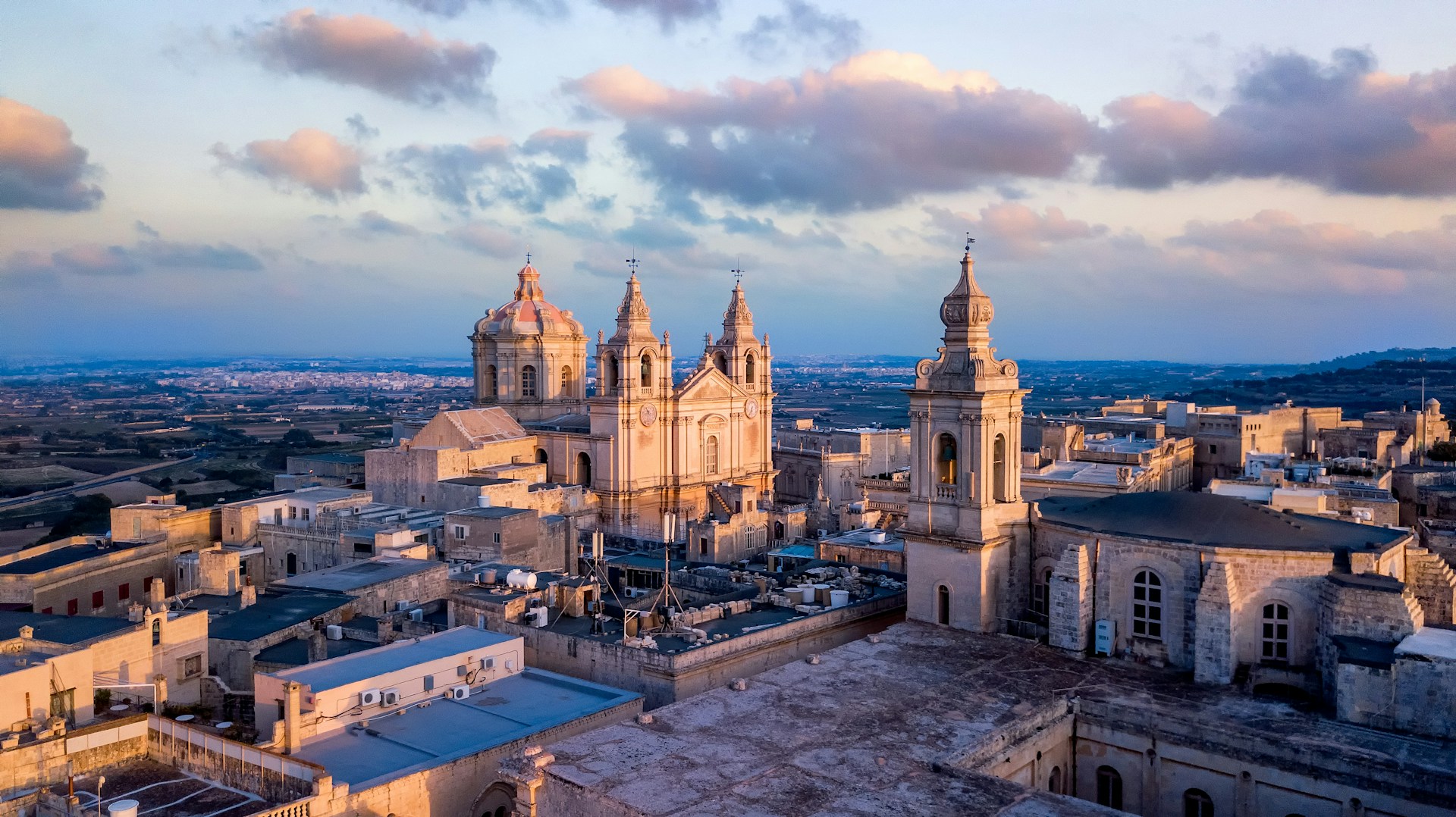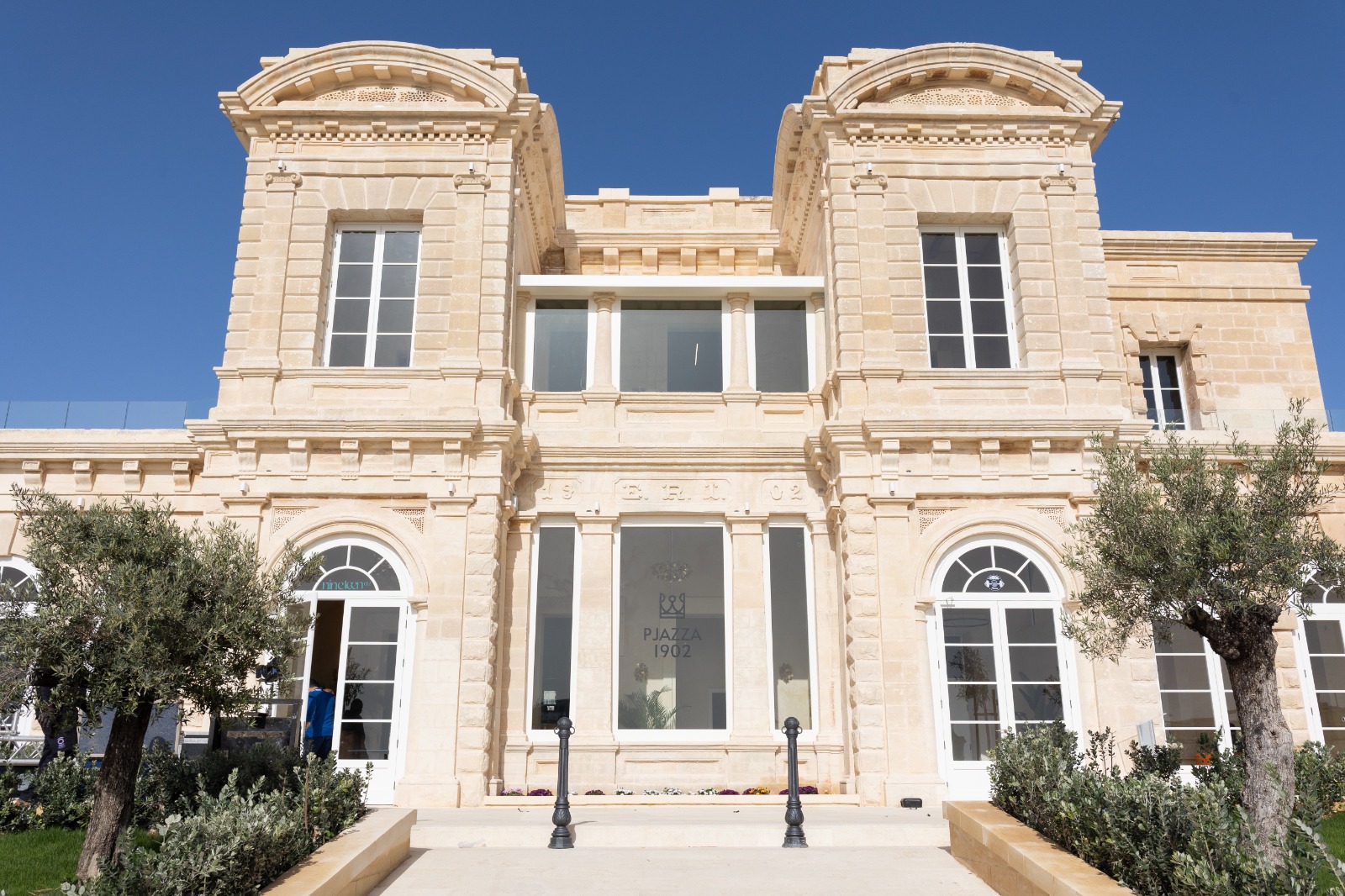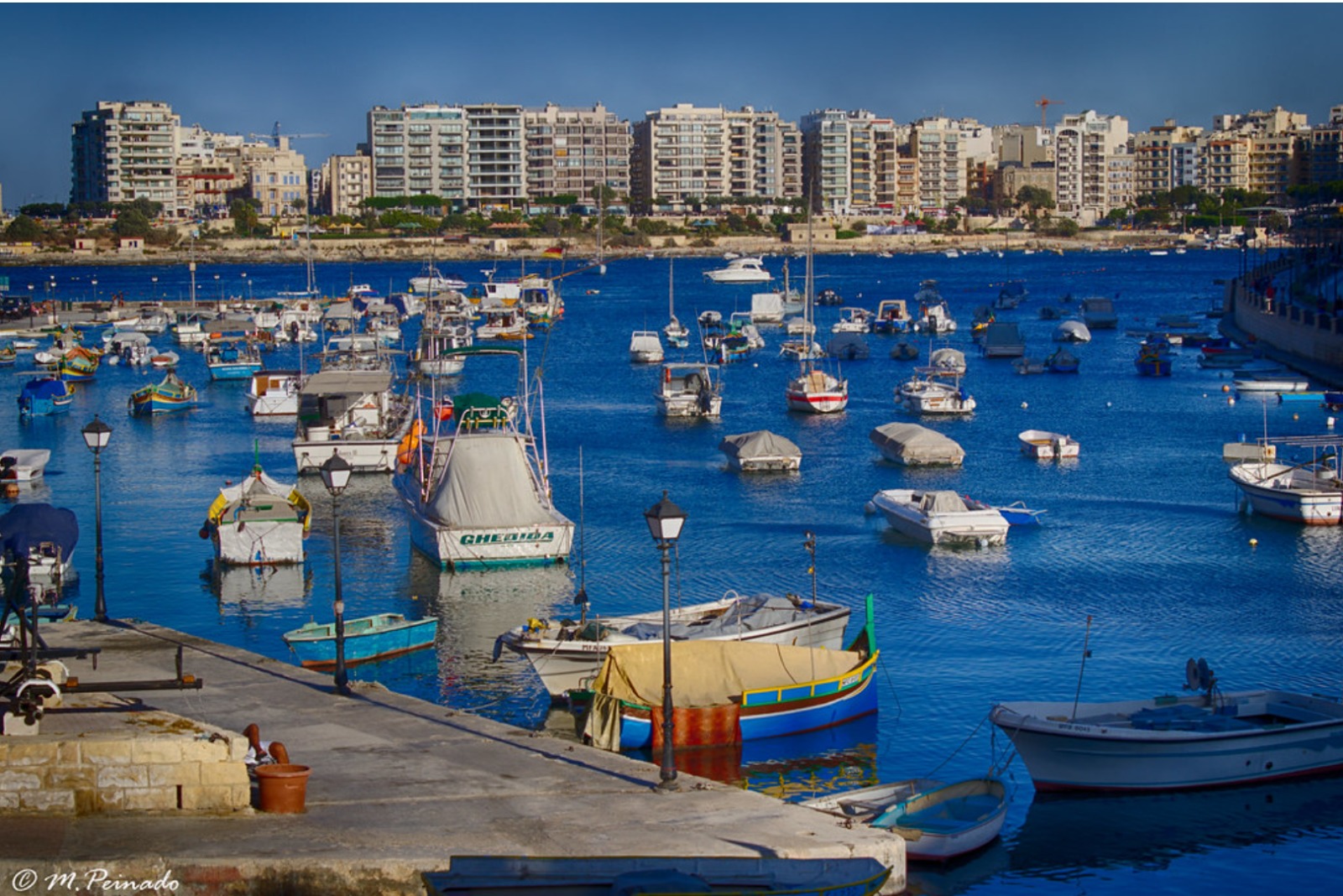Young Chinese gamers turned to social media to protest against new rules in the country that limit their gaming time to just three hours per week, as investors debate the long-term impacts on the industry.
China’s video game regulator has said that online gamers under the age of 18 will only be allowed to play for an hour on Fridays, weekends, and holidays, with game-playing reportedly only permitted between 8pm and 9pm.
It comes after state media branded online games “spiritual opium” and after the state-run Economic Information Daily claimed that many teenagers have become addicted to online gaming and that it was having a negative impact on them.
Simultaneously, the Chinese state has been seeking to strengthen its control over society in recent months, addressing concerns that it has become too lax after years of growth in the tech sector and other industries.
Gamers affected by the rules did not see reason, however.
“This group of grandfathers and uncles who make these rules and regulations, have you ever played games? Do you understand that the best age for eSports players is in their teens?” said one comment on social media, cited by Reuters.
“Sexual consent at 14, at 16 you can go out to work but you have to be 18 to play games. This is really a joke.”
The new rules will see the onus placed on the gaming industry to implement the measures and introduce effective restrictions, and the Government has said that inspections of these companies will also increase, to ensure that the time limits are being enforced.
Earlier rules had limited children’s online game-play to 90 minutes per day, rising to three hours on holidays.
Continue Reading
Pjazza 1902: New hotspot blends community engagement and B2B offerings
The entertainment hub, which has recently opened in Pembroke after a lengthy period of meticulous restoration, serves up a gamut of dining, fitness, business and leisure opportunities
Gavin Isaacs steps down as Games Global chairman to take on new role as Entain CEO
His appointment comes into effect from September 2024, and will see him remain on the board of Games Global as an independent non-executive director
Third-largest cryptocurrency exchange OKX selects Malta as its MiCA hub
Under the MiCA framework, OKX plans to offer spot trading (including EUR and USDC pairs) in addition to buy, sell, convert and staking services to qualified EU residents through Okcoin Europe Ltd
GO’s Enterprise Solutions geared to deliver end-to-end business technology
The telecoms firm prioritises holistic and scalable solutions for its corporate clients, says Arthur Azzopardi, Chief Officer at GO Business.










